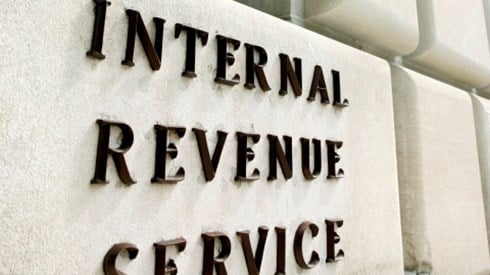Abusive Micro-Captive Arrangements Return to IRS "Dirty Dozen" List

July 08, 2021

After a year's absence, abusive micro-captive arrangements have returned to the US Internal Revenue Service's (IRS) annual "Dirty Dozen" list of "tax scams."
In a statement, the IRS warned taxpayers "to watch out for schemes peddled by tax promoters, including syndicated conservation easements, abusive micro-captive insurance arrangements, and other abusive arrangements."
The IRS Dirty Dozen list announcement said that in abusive micro-captive arrangements, "promoters, accountants, or wealth planners persuade owners of closely held entities to participate in schemes that lack many of the attributes of insurance."
"Recently the IRS has stepped up enforcement against a variation using potentially abusive offshore captive insurance companies domiciled in Puerto Rico and elsewhere," the IRS statement said.
The statement noted that the IRS recently created the Office of Promoter Investigations (OPI) to focus on participants and the promoters of abusive tax avoidance transactions.
So-called micro-captives, small captive insurance companies that elect to be taxed under Section 831(b) of the Internal Revenue Code, which allows small insurance companies to be taxed only on their investment income, were left off the 2020 Dirty Dozen list, the first time in 5 years they weren't included.
Micro-captives have been the target of considerable IRS scrutiny in recent years. The IRS has won several tax cases against such small captive insurance companies, though many in the industry including some domicile organizations have suggested the federal tax agency has gone overboard in its scrutiny.
In May, however, the US Supreme Court ruled in favor of captive manager CIC Services in its challenge of an IRS micro-captive reporting requirement. The IRS had claimed that CIC's challenge was prohibited by federal law.
In its ruling in CIC Servs., LLC v. Internal Revenue Serv., No. 19-930, 2021 U.S. LEXIS 2585 (May 17, 2021), the nation's high court overturned a federal district court ruling and remanded the case to the lower court for consideration of CIC's effort to stop the IRS for enforcing its micro-captive reporting requirement set out in Notice 2016-66. The IRS contended that micro-captives are "transactions of interest" that should be reported to the IRS.
July 08, 2021





